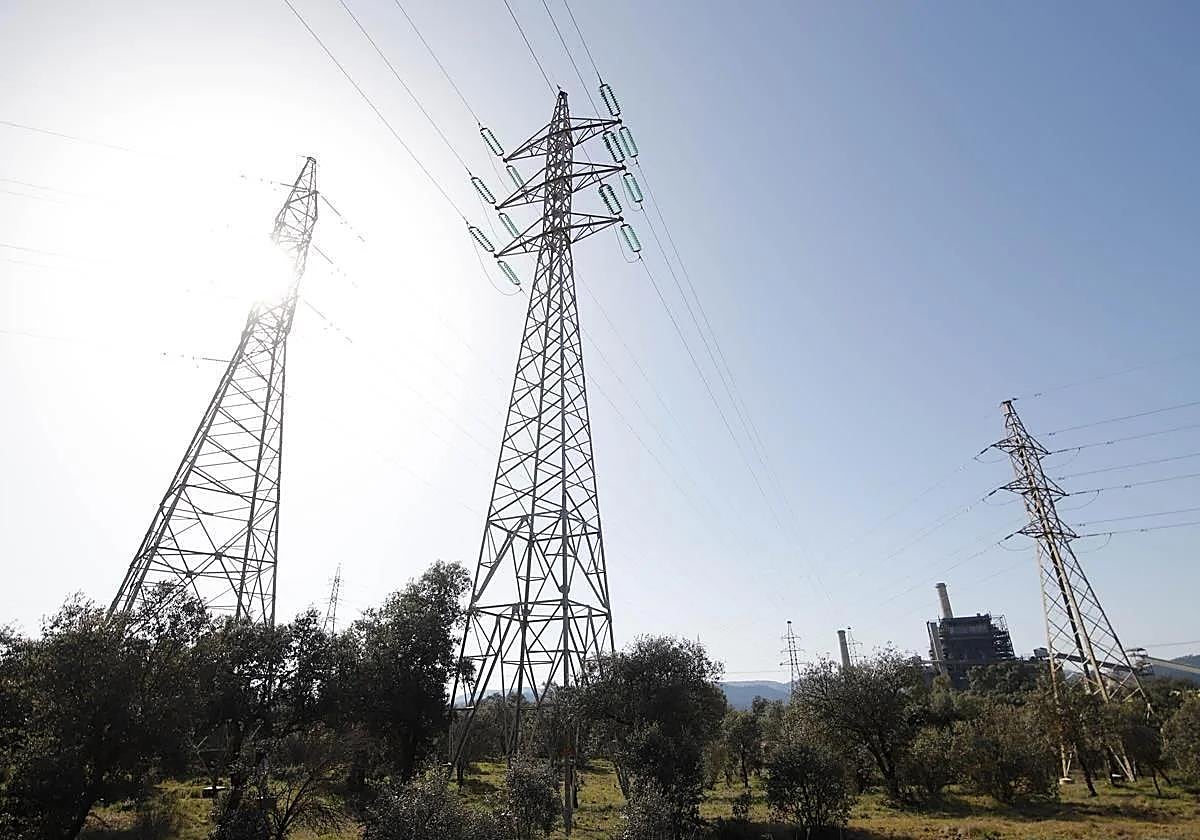Spanish energy giant Endesa doubles profits and calls for review of nuclear taxation
The company made a profit of 583 million in the first quarter of the year, double that of the same period in 2024, after the 'tax increase' was eliminated: its CEO has called for "fair remuneration" for the networks
C. P. S.
Madrid
Wednesday, 7 May 2025
The Spanish energy giant Endesa posted a net profit of 583 million euros in the first quarter of the year, almost doubling its profit of 293 million euros from the same period in 2024. This extraordinary increase has been driven by good results in all of Endesa's enterprises and by the drop in the temporary energy tax that companies in the sector had to pay over the last two years.
The utility company's revenues in the January-March period amounted to 5.9 billion euros, an increase of 6.3% compared to the first quarter of last year. The group's gross operating profit (Ebitda) at the end of March amounted to 1.4 billion euros - an increase of 32.6%.
With these solid results on the table, Endesa confirmed that it is on track to meet its targets for 2025. This year, the company expects ordinary net profit of between 1.9-2 billion euros and Ebitda of between 5.4-5.6 billion.
The group's cash generation showed a robust performance and stood at 1.2 billion euros, underpinning the sustainability of the main financial aggregates.
Gross debt remained stable compared to the end of 2024, at 10.5 billion, while net financial debt increased by 9% year-on-year to 10.2 billion, based on the quarter's cash investments (600 million euros), the payment of the interim dividend (500 million) and the closing of the purchase of the aforementioned hydroelectric assets for approximately 1 billion euros.
Endesa also stated that the "unstable" geopolitical situation has pushed up raw material prices in the quarter, adding to the high volatility of daily electricity pool prices, with the average price at 85 euros per megawatt hour (MWh), 90% more than during the same quarter last year.
New challenges
Endesa said that all this places Spain "in an evolving scenario that presents new challenges in terms of security of supply and system stability, as has been seen recently", following the blackout suffered on 28 April due to the collapse of the mainland electricity grid system.
The company stated that the first signs of sustained growth in electricity demand - 2.9% in adjusted terms in Endesa's distribution areas on the Spanish mainland, and 2.5% for the whole of mainland Spain - have been detected in the first quarter of the year, together with an unprecedented growth in requests for new electricity demand.
Therefore, in view of this "unique" opportunity to reindustrialise the country on the basis of a renewable and competitive electricity mix, Endesa considers it necessary to improve the rate of remuneration for investments in the distribution network, "which will be very high and for which there will be competition for sources of financing". The company also insisted on "a regulatory update to make the use of this network more efficient and avoid speculation with requests for connection to it".
Endesa called for an improvement of the remuneration methodology and incentives for such investment and an increase in the cap limiting investments in distribution in the sector.
"We are modern societies because we are electrified and, for this reason, ensuring the security of supply and the competitiveness of our electricity system is essential. Demand is showing signs of recovery, which represents a unique opportunity to re-industrialise the country. To achieve this, we need a robust and resilient grid, which requires significant investment, along with fair remuneration," said Endesa CEO José Bogas.
In addition, the electricity executive warned that it is "crucial to have a diversified and competitive generation mix", for which he considers it "essential to review the taxation of nuclear energy to ensure its economic viability, so that it can provide security of supply in the coming years".
In this quarter, the energy company made progress in its strategy of optimising the use of available capital with the closing of the purchase of 626 megawatts (MW) of hydroelectric power from Acciona, the sale of 49.9% of a second package of solar assets in operation to Masdar and the launch of a share buyback plan of up to 2 billion euros, of which 500 million euros are already in execution.
Sale of 98% of production for this year
Endesa managed to cover 89% of its fixed-price electricity sales on the free market with emission-free production. The electricity unit margin stood at 54 euros per MWh, in line with expectations for the year, and the company said it has pre-sold 98% of its 2025 nuclear, hydroelectric and renewable output; 80% of its 2026 output; and 55% of its 2027 output.
Meanwhile, the gas business grew by 3% in total volume sold and consumed in combined cycle generation, with the gas unit margin standing at 11 euros per MWh.
